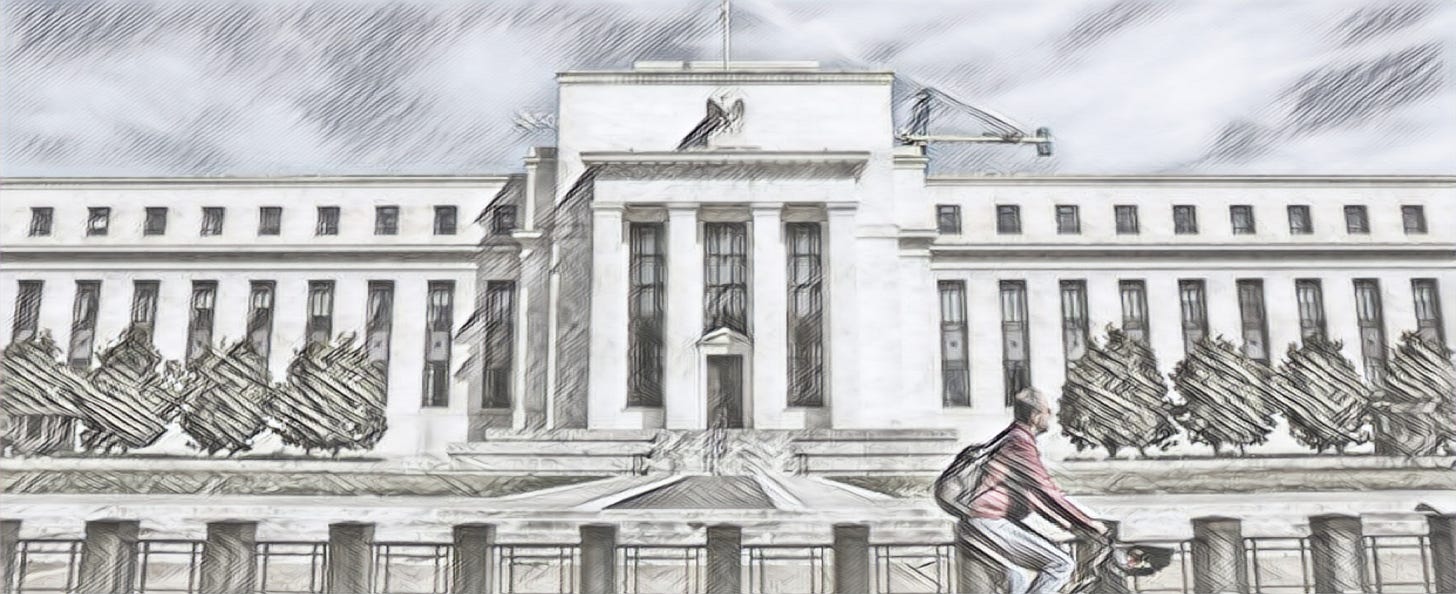Senate and House Financial Committee Leaders Silent on Recent Federal Reserve Actions
Alton Drew | Guest Contributor

This week, Federal Reserve Chairman Jerome Powell issued a statement that the Fed has decided to keep the federal funds rate within a target range of zero to .25 percent. Reserves are those funds required to be held on deposit with a federal reserve bank. Federal funds are those reserves borrowed by one bank from another typically in overnight transactions. The federal funds rate is that interest rate charged on these inter-bank loans.
Banks make profits by lending excess reserves or that amount of money in excess of the amounts they are required to keep on reserve with a federal reserve bank. At times they will have to borrow reserves from another bank in order to maintain their reserve requirements while maintaining a level of lending sufficient to earn them revenue. The cheaper it is to keep loanable funds in the system by meeting their reserve requirements with the Federal Reserve, the more credit is available for businesses and households.
For the greater financial markets the decision to keep the interbank loan rate low means an expectation of lower interest rates on commercial and residential loans. This is because the supply of money encouraged by the Federal Reserve is such that the price of money is relatively low.
Chairman Powell also stated that the Federal Reserve would continue purchasing Treasurys and other asset backed securities in order to inject more loanable funds into the United States’ economy. These transactions are referred to as open market operations where the Federal Reserve buys bonds and other securities from the public thus increasing the flow of deposits and reserves to the banks. The more deposits and excess reserves a bank has available for lending, the greater the amount of credit available for commercial operations and households leading expectantly to more consumption.
In his recent statement, Chairman Powell shared the following on economic demand and the coronavirus.
The coronavirus outbreak is causing tremendous human and economic hardship across the United States and around the world. The virus and the measures taken to protect public health are inducing sharp declines in economic activity and a surge in job losses. Weaker demand and significantly lower oil prices are holding down consumer price inflation. The disruptions to economic activity here and abroad have significantly affected financial conditions and have impaired the flow of credit to U.S. households and businesses.
Per his usual practice, Chairman Powell provided no comment on fiscal policy. Section 2A of the Federal Reserve Act spells out the Federal Reserve’s mandate as the following:
The Board of Governors of the Federal Reserve System and the Federal Open Market Committee shall maintain long run growth of the monetary and credit aggregates commensurate with the economy’s long run potential to increase production, so as to promote effectively the goals of maximum employment, stable prices, and moderate long-term interest rates.
As of this writing, Rep. Maxine Waters (D-CA), chair of the House Committee on Financial Services, and Senator Mike Crapo (R-ID) and chair of the Senate Committee on Banking, Housing, and Urban Affairs, had not released a statement on this recent move by the Federal Reserve, including providing any additional recommendations on appropriate monetary policy for addressing the Federal Reserve’s goal of maximum employment, stable prices, and moderate long-term rates.


